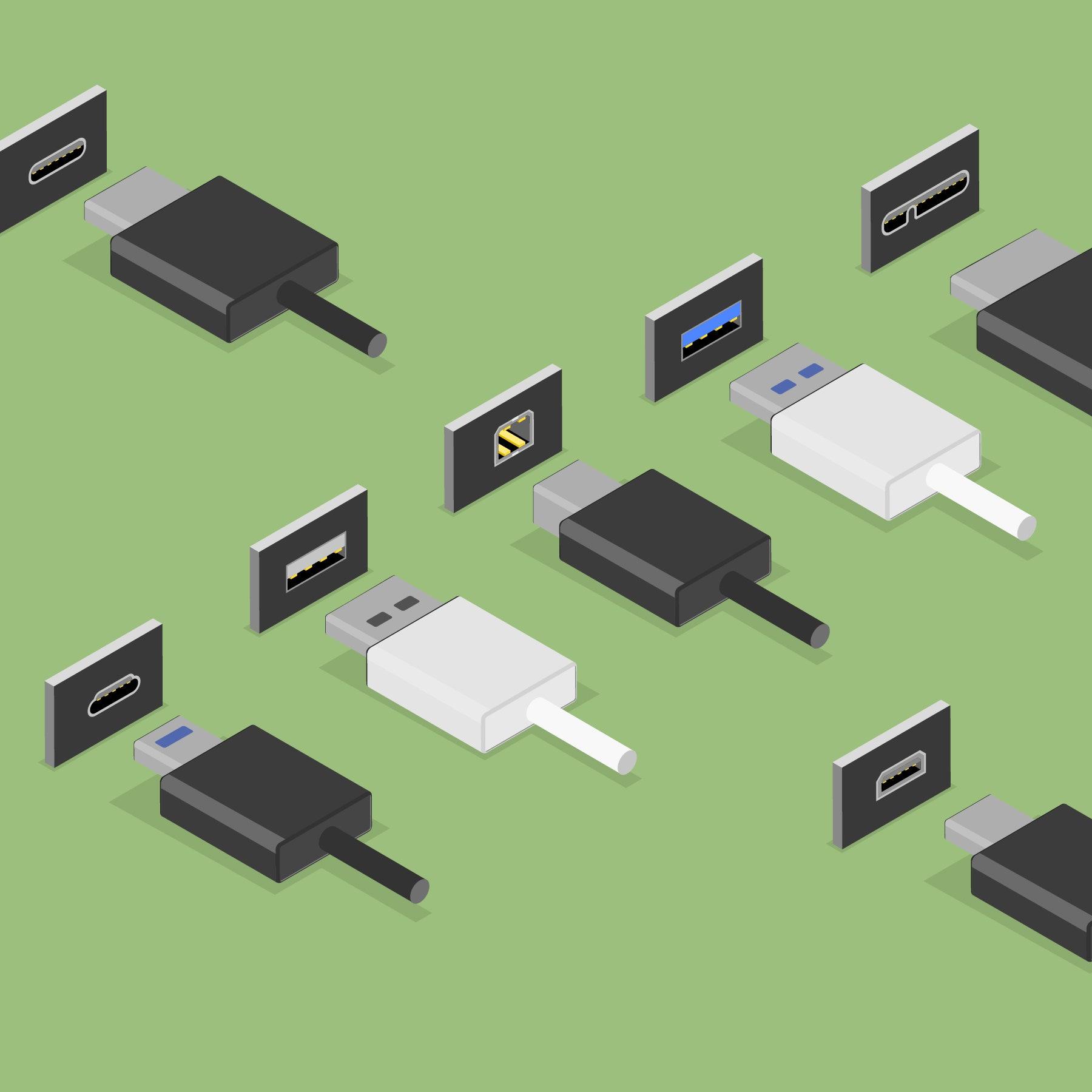Everything You Need to Know About USB Ports and Speeds (2024)
USB (Universal Serial Bus) ports have become an integral part of our daily lives, connecting devices, transferring data, and charging our gadgets. As technology evolves, USB ports have undergone significant advancements, leading to faster speeds and more capabilities. In 2024, even more exciting developments have taken place, enabling users to enjoy a seamless and efficient experience with their USB devices.
USB 4.0: Taking Speeds to New Heights
One of the most significant advancements in USB technology is the introduction of the USB 4.0 standard. USB 4.0 delivers astonishing speeds, capable of transferring data at up to 40 Gbps, a significant improvement compared to previous USB generations. This speed not only allows for lightning-fast file transfers but also enhances the performance of peripherals connected to USB ports.
Backward Compatibility
USB 4.0 maintains backward compatibility with previous generations, meaning you can still connect your older USB 3.0, USB 2.0, or even USB 1.1 devices to a USB 4.0 port. However, it is important to note that the transfer speeds will be limited by the slower device. Nevertheless, this backward compatibility ensures a smooth transition to the newest USB standard without rendering your existing devices obsolete.
USB Type-C: The Future of Connectivity
The USB Type-C connector has gained immense popularity since its introduction, and it continues to dominate the USB landscape in 2024. This reversible, symmetrical design allows for easy and hassle-free connections, eliminating the need to fumble around with plugs. The Type-C connector also supports USB 4.0 speeds, making it the go-to choice for high-speed data transfers and charging.
Power Delivery
With USB 4.0 and USB Type-C, charging your devices has become even more efficient. USB Power Delivery (PD) technology allows for faster charging speeds and higher power transfer. In fact, USB PD is now capable of delivering up to 100 watts of power, which is sufficient to charge not only smartphones, tablets, and laptops but also power-hungry devices such as gaming laptops and professional-grade cameras. This makes USB ports even more versatile as universal charging solutions.
Improved Performance for Peripherals
USB 4.0 brings substantial improvements to peripheral devices connected via USB ports. With its high-speed capabilities, USB 4.0 enables peripherals such as external hard drives, solid-state drives (SSDs), and high-resolution displays to operate at their maximum potential. This means faster data transfers, quicker access times, and smoother multimedia experiences.
Expanded Applications
With the advancements in USB speeds and capabilities, new possibilities for USB usage have emerged. USB 4.0 opens the door for technologies like virtual reality (VR), augmented reality (AR), and 4K video streaming. Furthermore, the ability to provide power and data transfer simultaneously through USB Type-C ports has made docking stations and multi-port hubs more versatile, allowing users to connect multiple devices with ease.
Conclusion
In 2024, USB technology has taken a giant leap forward in terms of speed, connectivity, and convenience. USB 4.0 offers blazing-fast transfer speeds of up to 40 Gbps, while USB Type-C continues to revolutionize the way we connect and charge our devices. With backward compatibility and increased power delivery capabilities, USB ports have become more versatile than ever. Whether you’re a tech enthusiast, professional, or casual user, USB ports are sure to play a crucial role in your daily life, empowering you to connect, transfer, and charge with utmost efficiency.
Hey Subscribe to our newsletter for more articles like this directly to your email.
